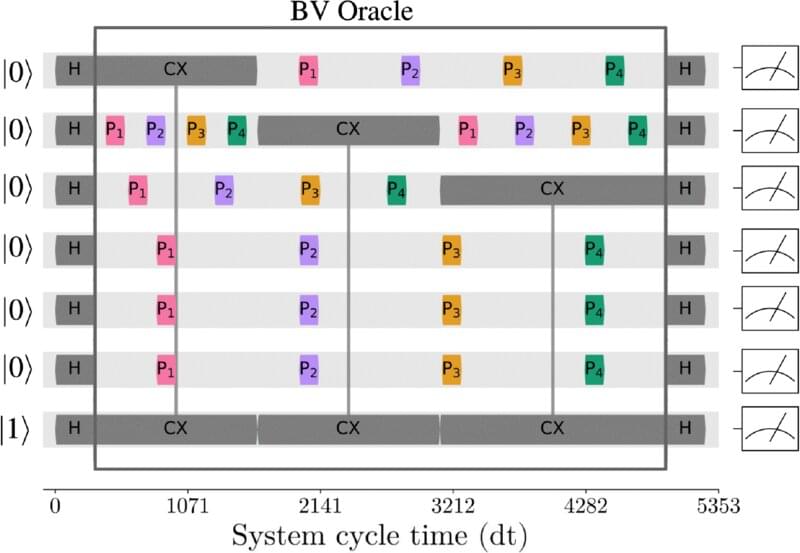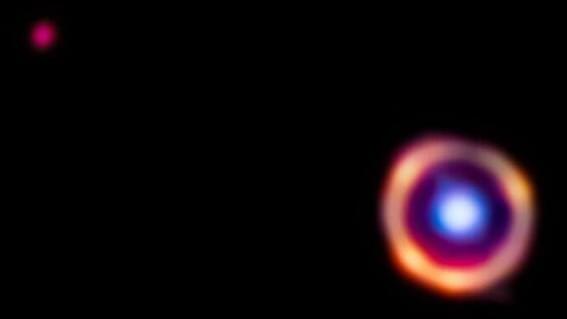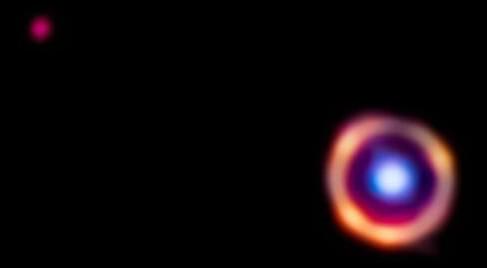Jun 5, 2023
Intelligence Officials Say U.S. Has Retrieved Craft of Non-Human Origin
Posted by John Davies in category: government
A former intelligence official turned whistleblower has given Congress and the Intelligence Community Inspector General extensive classified information about deeply covert programs that he says possess retrieved intact and partially intact craft of non-human origin.
The information, he says, has been illegally withheld from Congress, and he filed a complaint alleging that he suffered illegal retaliation for his confidential disclosures, reported here for the first time.
Other intelligence officials, both active and retired, with knowledge of these programs through their work in various agencies, have independently provided similar, corroborating information, both on and off the record.

















